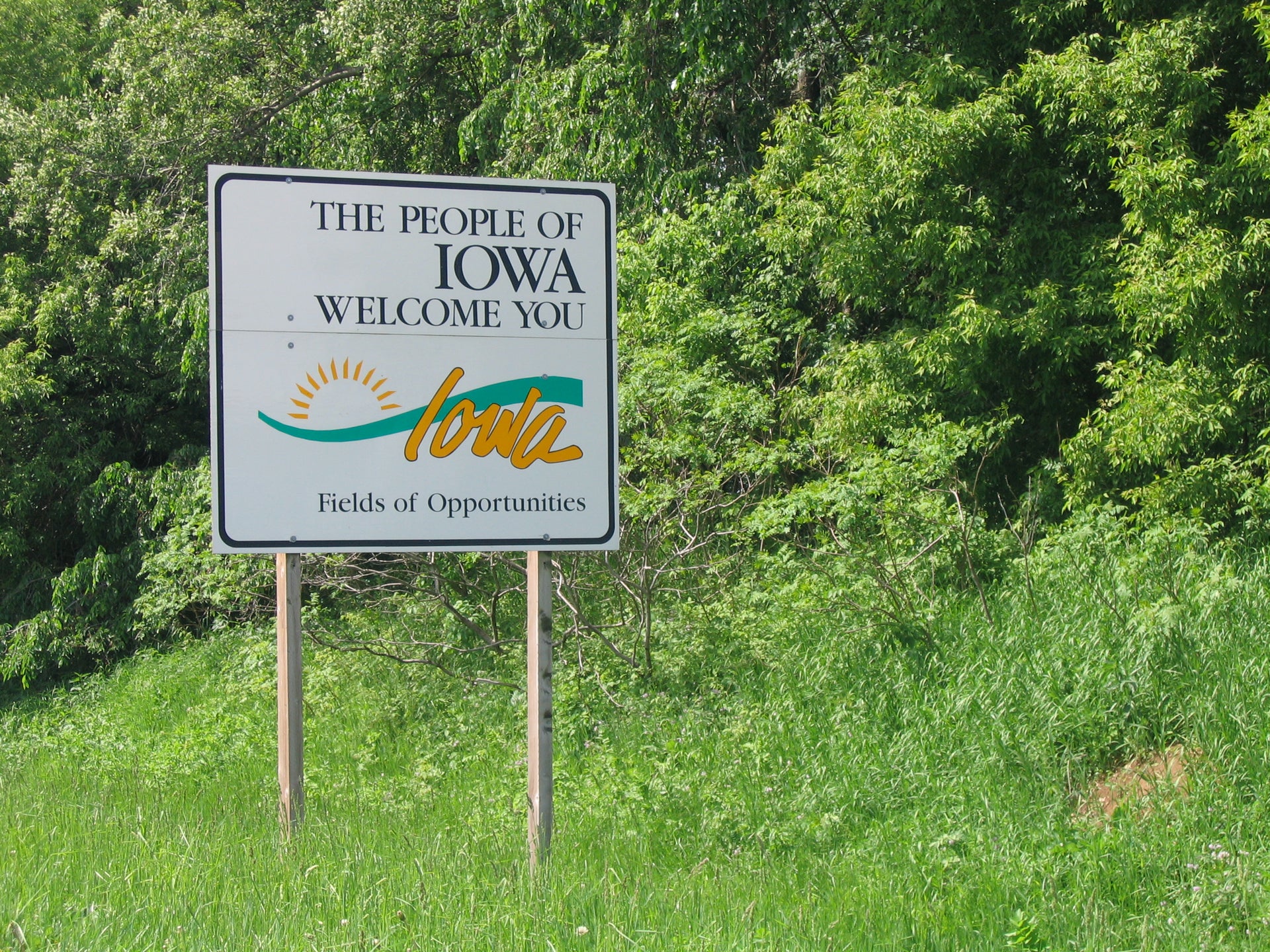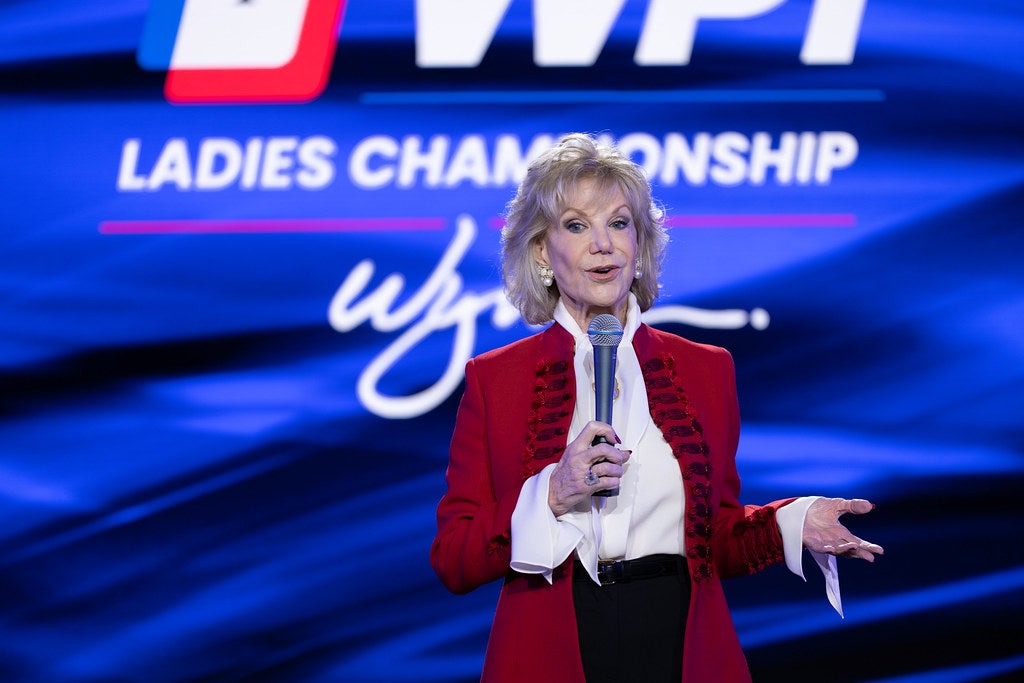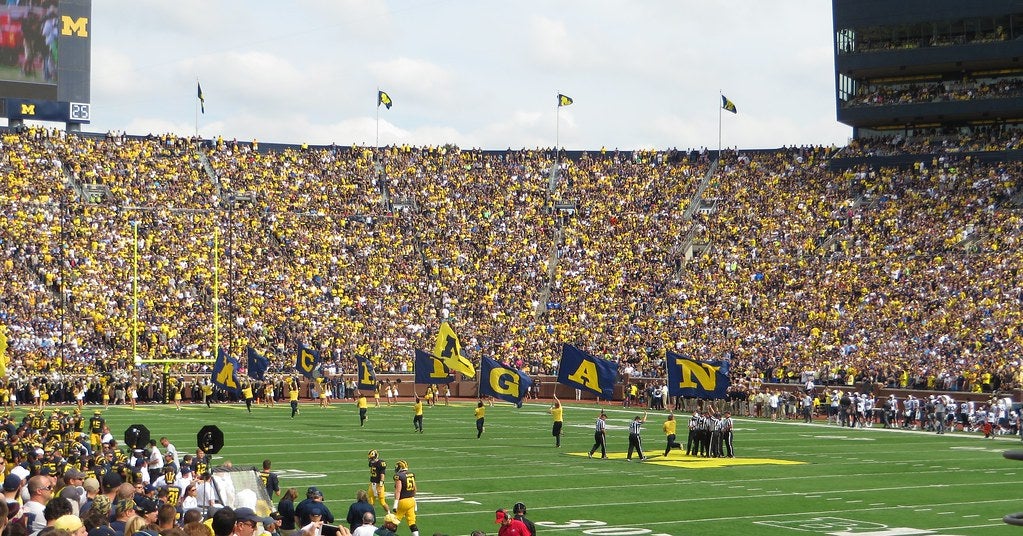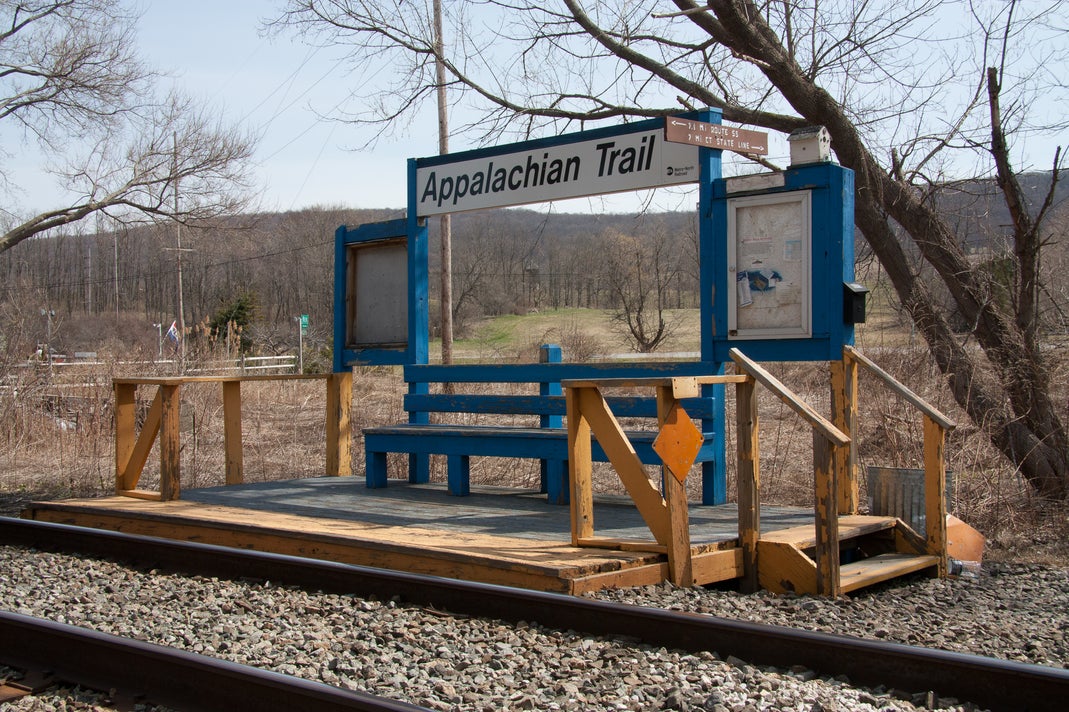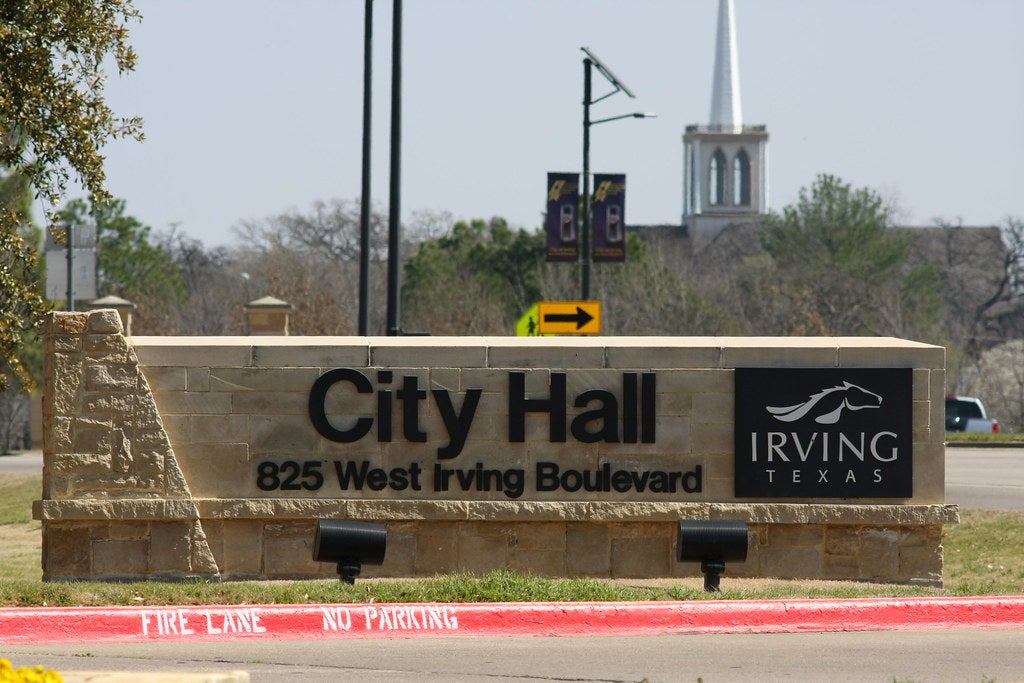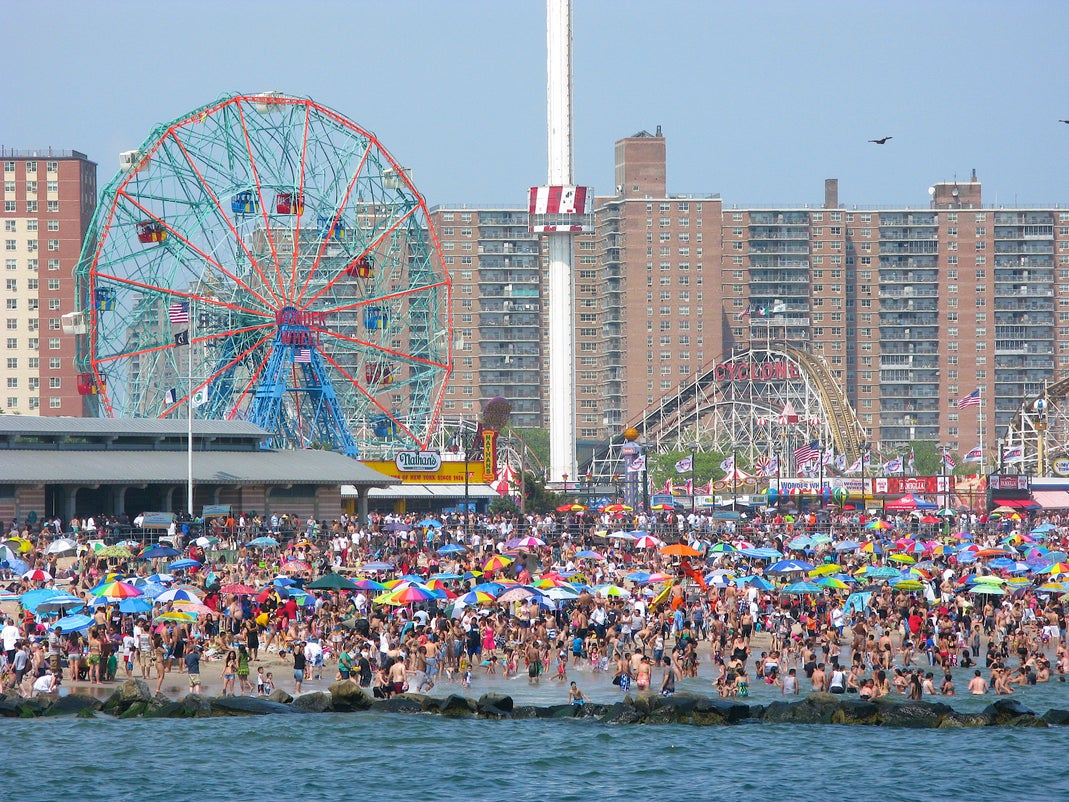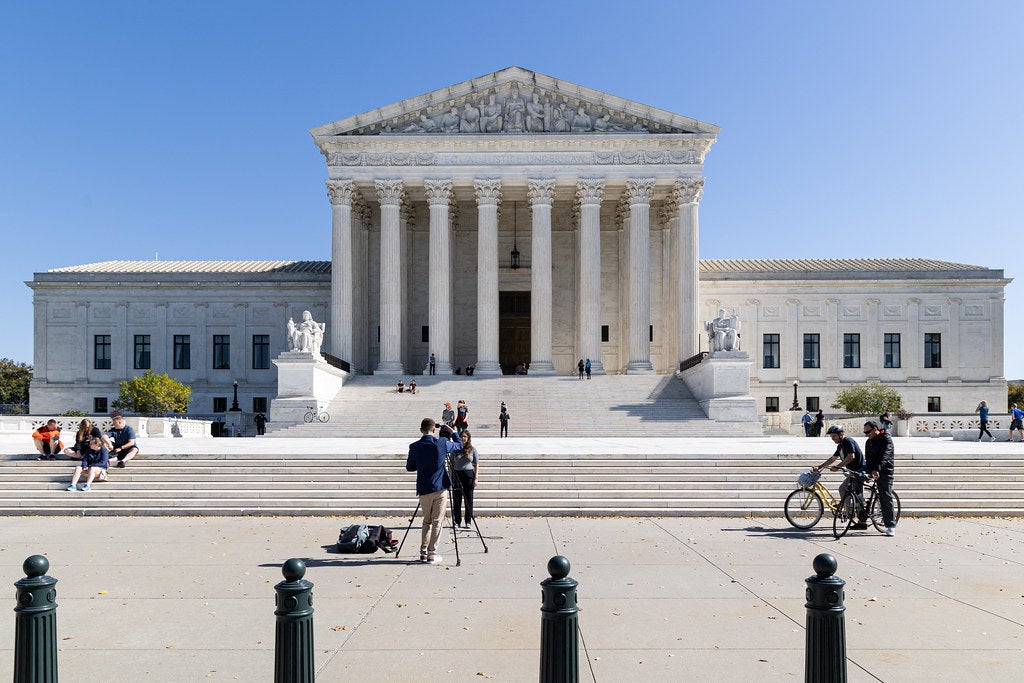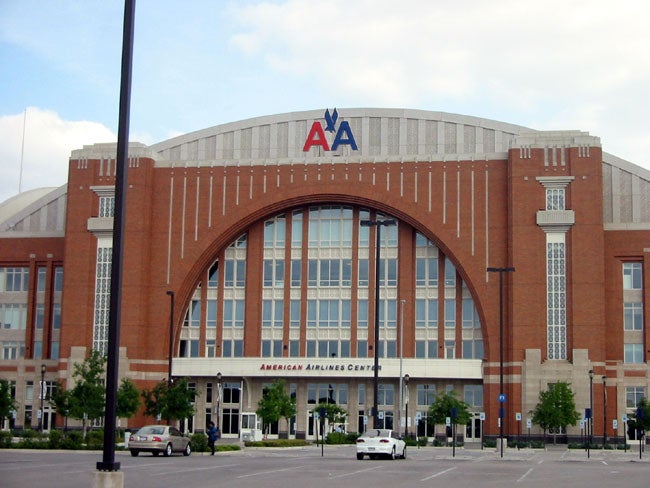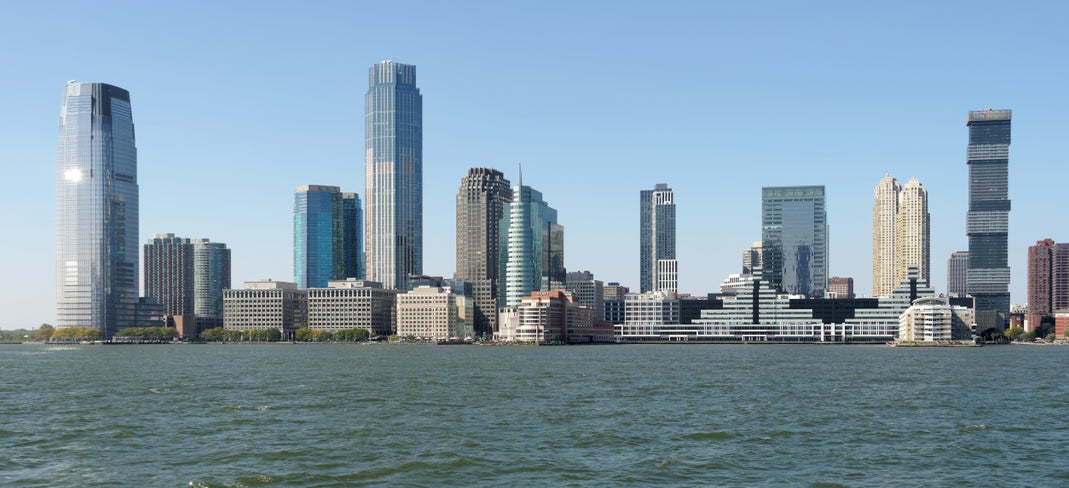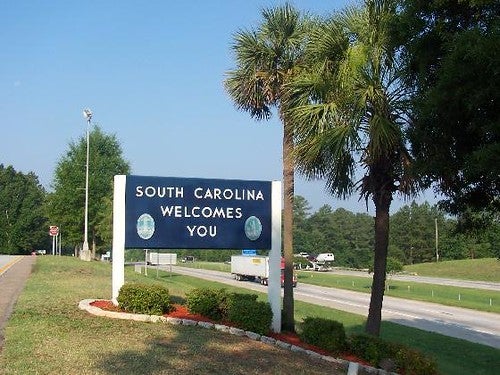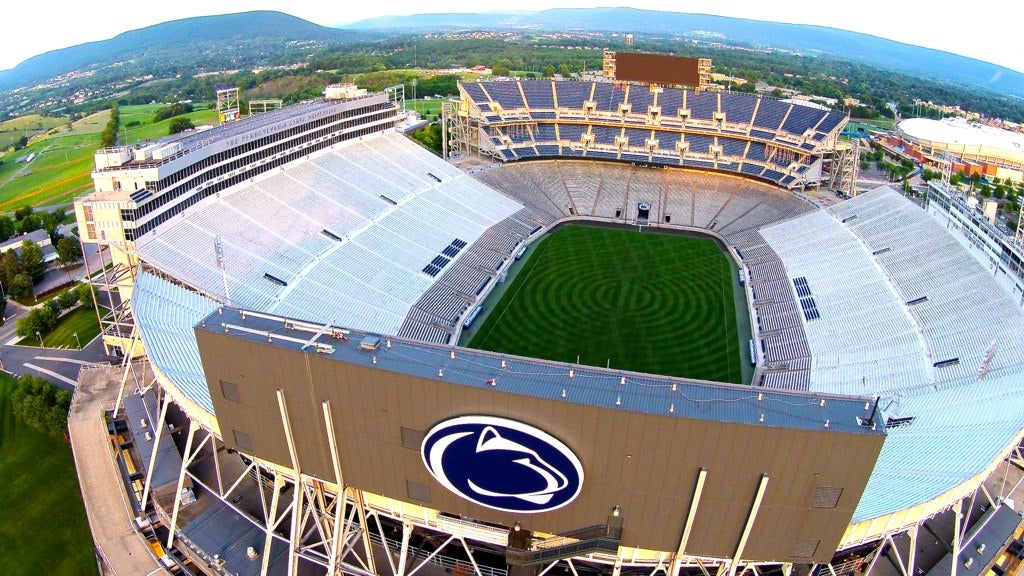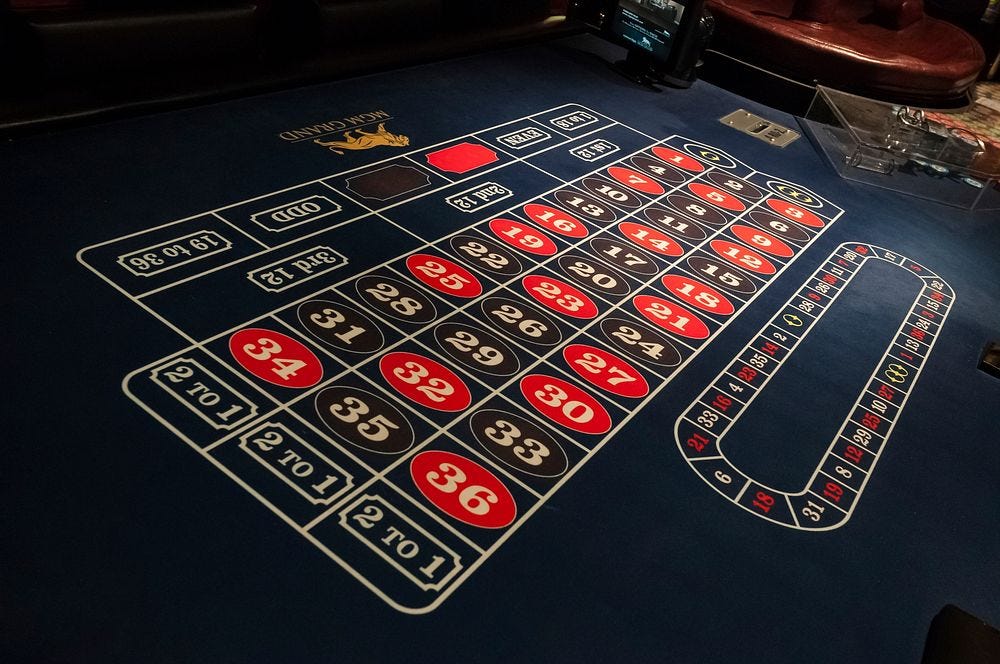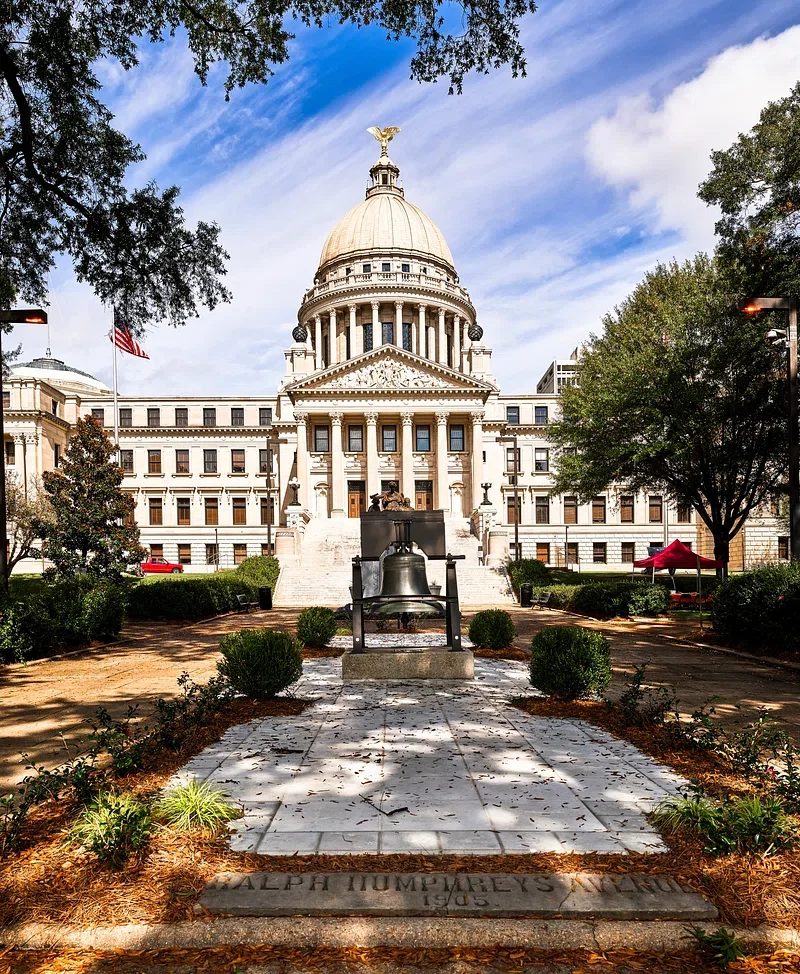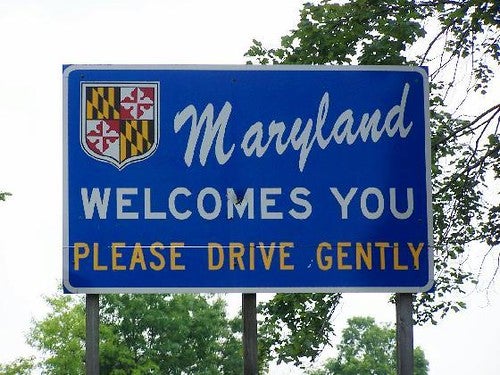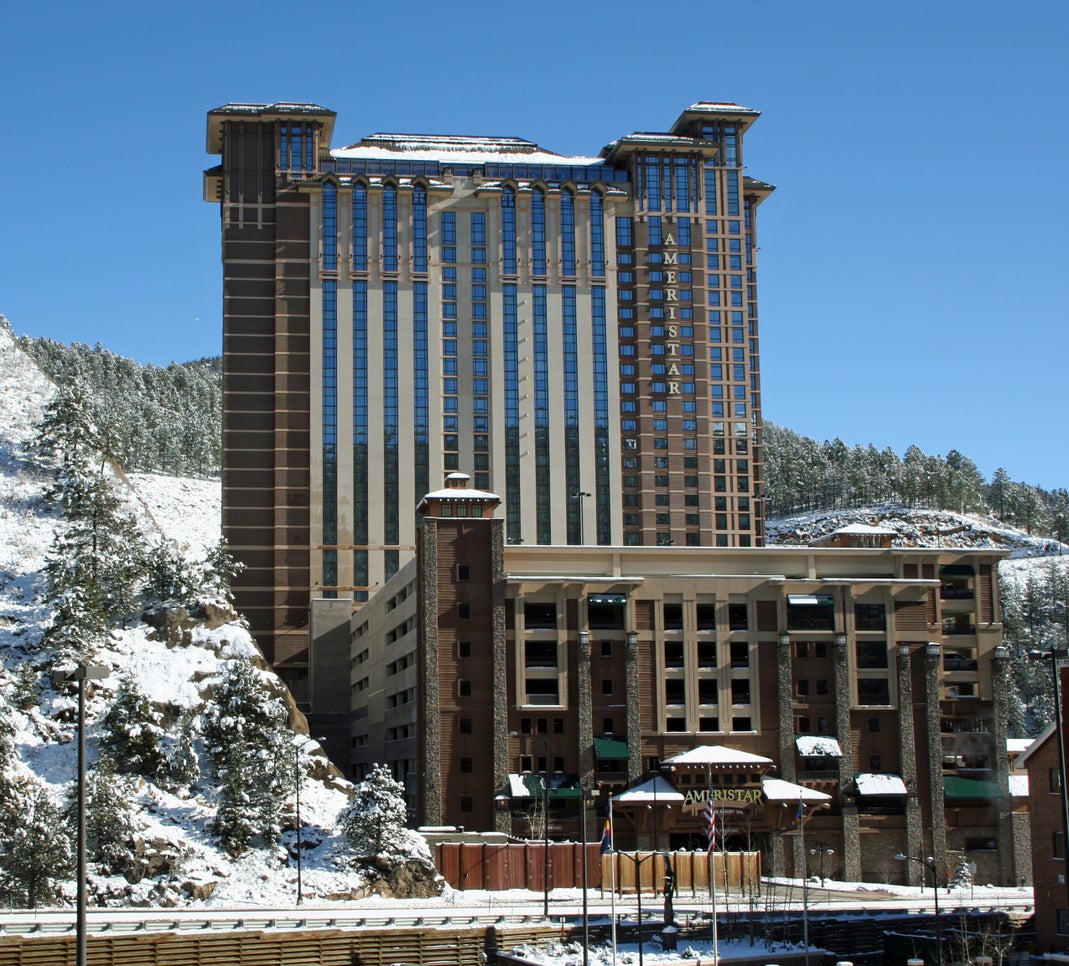Moving quickly
The bill stipulated that casino applications will be denied under the terms of the moratorium if they cause a decline of casinos’ gross receipts equal to or greater than 10 percent, or if they negatively impact the shares of a casino sponsor.
Counties that were already denied licenses by the regulator would also be put into an eight-year holdout before their next application.
“You have hundreds of millions of dollars invested, a bunch of jobs — thousands of jobs — on the line, and we want to change the rules in the middle of the game and wonder why there’s concern amongst the industry,” said Frank Chiodo of Elite Casino Resorts, which owns Riverside Casino and Golf, Rhythm City Casino and Grand Falls Casino.
The moratorium picks up where Rep. Bobby Kaufmann (R-Wilton) left off after he proposed a moratorium in the waning hours of the 2024 legislative session.
Kauffman said last week that he hopes the Senate will take up the issue now that the Cedar Rapids casino is gaining more traction.
A vote in the House may come before the end of the week.
Pulling both ends of the rope
Proponents of the Cedar Rapids casino estimate the facility would create $275 million in economic stimulus for Iowa’s second-most populous city.
Meanwhile, critics such as Chiodo believe that jobs at existing casinos would be placed in jeopardy, and a $100 million development project at the Rhythm City Casino in Davenport could also be lost.
A study from Marquette Advisors projected losses of $34 million for Riverside Casino, $14.1 million for Meskwaki Bingo Casino Hotel, and $8.8 million for Isle Casino in Waterloo by 2029 if the Cedar Rapids project, known as Cedar Crossing, went ahead as planned.
“As you contemplate pros, cons on this bill and this much longer discussion, I would encourage you to realize that at this point you have a very strong industry, and there’s nothing in the law or the rules to prohibit the competition where some or all of the existing industry, gaming industry, to change their payoffs so that they’re more attractive than the new kids on the block in Cedar Rapids,” said Larry Murphy on behalf of Cedar Rapids and the Linn County Board of Supervisors.
The House and Senate need to approve the bill before it can become law. If both signal their approval, the bill will be sent to Gov. Kim Reynolds, who must also provide her signature.
Notably, the IRGC could vote on the Cedar Rapids casino application during a meeting next Thursday, meaning the bill must be signed into law before then to guarantee a new casino doesn’t pop up in Linn County.


